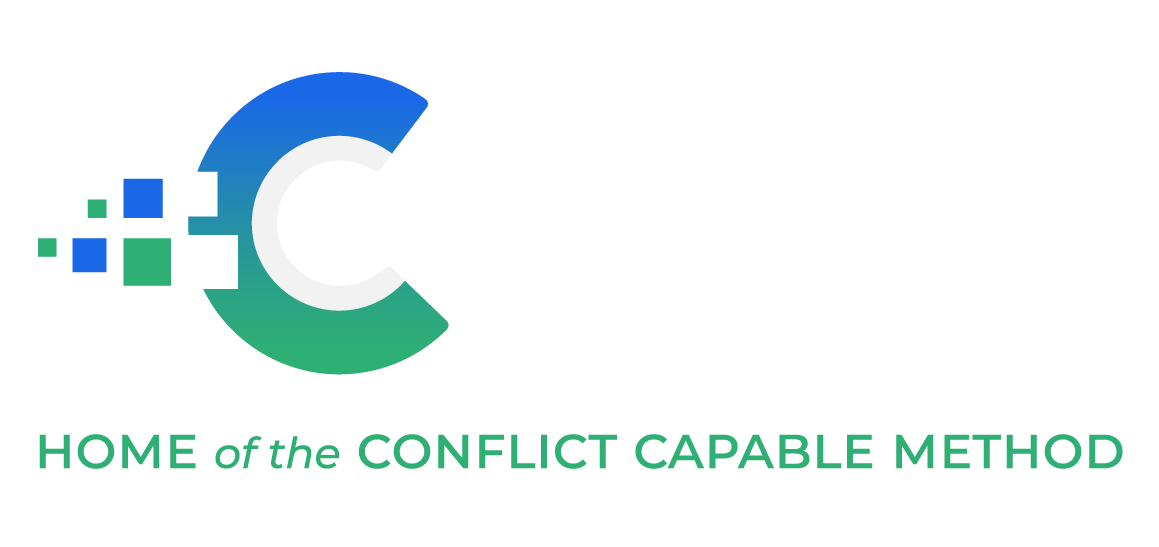Don’t Lose People Because of the Conflict They Anticipate
The graphic below illustrates the top reasons people quit their last job. These reasons are a great example of the consequences of anticipatory conflict. Workplaces can create a culture that welcomes hard conversations, teaches people how to have them, and reinforces and rewards these skills.
Let's take a closer look at two of these reasons.
1. “Inadequate resource accessibility”
Wouldn't a manager, colleague, or employer want to know that you don't have access to what you need in order to exceed expectations? Logic says yes.
In reality, many cultures have created an environment where people anticipate that sharing something like this will be met with sentiments like, “That's how it is,” or “That's not true, work harder.”
This means employees are less likely to speak up because they anticipate a conflict or expect that they won't be heard.
2. “Unsustainable work expectations”
Wouldn't a manager, colleague, or employer want to know that your workload is not sustainable? Logic says yes, again.
Yet, your experience both personal and observed, tells you that approaching this topic will only get you something like, “That's just how it is.” Instead of saying something to the person(s) that could help you change things, you stay silent.
If we polled the people represented in the graphic and asked them how many times they had conversations with their manager about these things before they quit, we would likely get a response of, "Never."
Why? The conflict they anticipate.
Proactive cultures are able to give people the map to these kinds of conversations. These are the organizations that flourish. The rest of them lose good people over anticipation.

